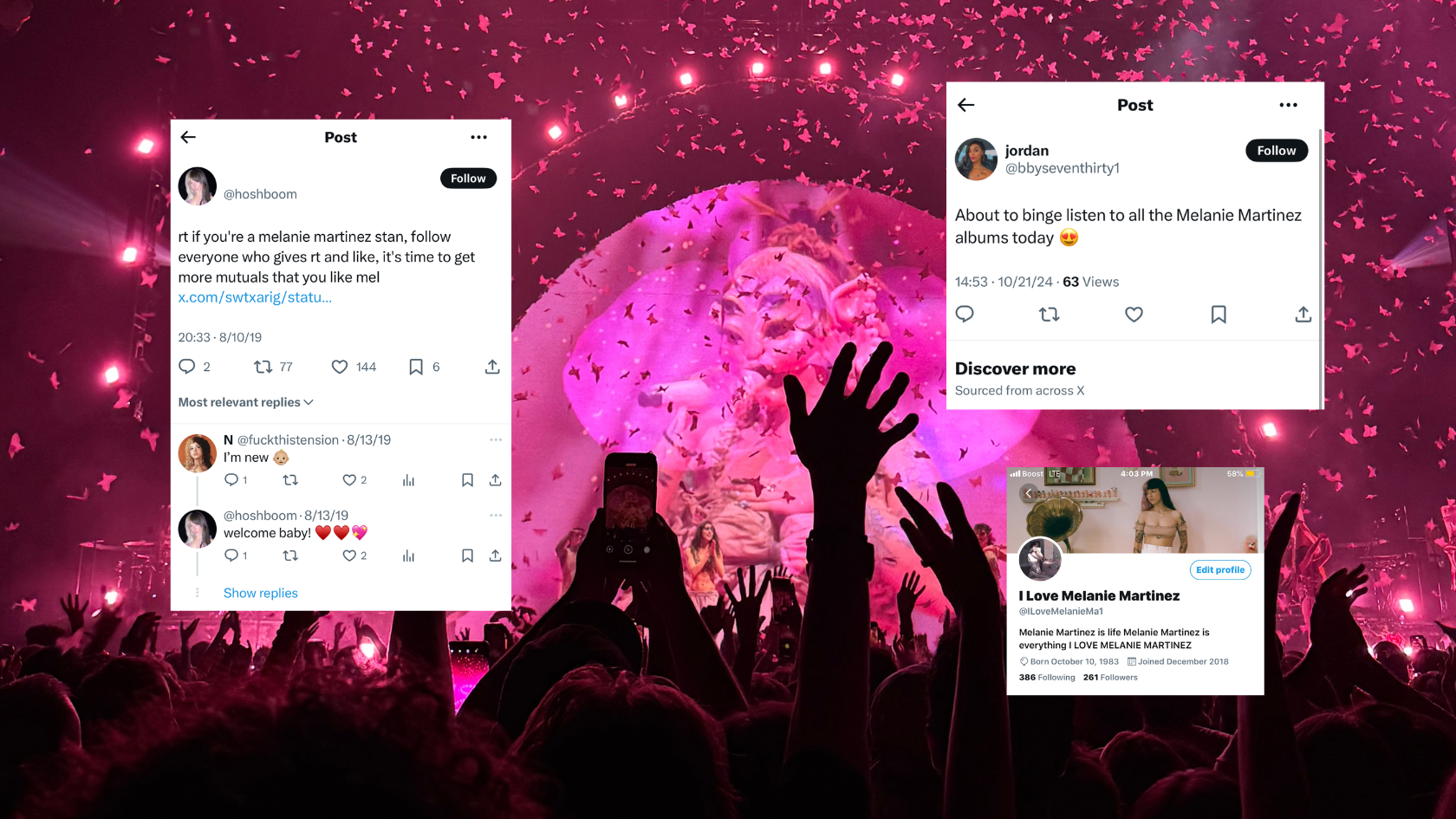Cult Artists and Success in the Age of Social Media

Whether it's Björk or Ween, cult musicians are known for their niche appeal and deeply loyal fanbases. Thanks to online platforms like Twitter and YouTube, these cult musicians are now able to reach global audiences without the backing of major record labels or a massive number of fans.
This shift highlights a changing industry landscape where the democratization of music discovery through social platforms may redefine what it means to be a successful artist.
The Role of Social Media in Artist Discovery
Before the rise of social media, cult artists faced significant challenges in reaching wider audiences. Radio stations, TV shows, and record labels acted as gatekeepers controlling which artists received exposure. This meant that musicians with unique or experimental sounds struggled to gain mainstream visibility.
However, platforms like YouTube, Twitter, and Tumblr have fundamentally altered this dynamic by allowing artists to showcase their music directly to listeners without relying on intermediaries.
YouTube, in particular, has been instrumental in democratizing music discovery. Its global platform has enabled countless cult artists to build audiences without major label support. YouTube’s video-sharing model allows artists to produce and share music videos, behind-the-scenes footage, and personal content that strengthens their bond with fans.
Reddit, which functions as a blog, has similarly emerged as a hub for fan-driven music discovery and discussion. Subreddits like r/listentothis and r/indieheads allow users to share and discuss lesser-known artists, creating an environment where cult artists can thrive. These spaces foster community and dialogue, allowing fans to introduce new music to one another and amplify underrepresented voices.
🕯️@YouTube 🕯️ pic.twitter.com/MbnPFeLCha
— Cry Baby (@MelanieLBBH) March 31, 2023
The Direct Artist-Fan Connection
Social media platforms like Twitter have played a vital role in transforming the relationship between artists and their fans by allowing for more intimate and immediate interactions. For cult artists, direct engagement with fans is invaluable, as it builds a loyal community willing to support their careers through album sales, merchandise purchases, and concert attendance.
By connecting directly with fans on social media, these artists can bypass traditional media and cultivate fanbases that are not dependent on commercial airplay.
Melanie Martinez, a singer-songwriter known for her dark pop sound and theatrical, highly conceptual albums, is a prime example of how cult artists have thrived in the digital age. Martinez first gained attention as a contestant on The Voice in 2012. However, it was her online fanbase that propelled her to international success.
Using platforms like Twitter, Reddit, and YouTube, Martinez cultivated a loyal following, with fans dissecting the intricate storylines of her albums and sharing artwork inspired by her music. Martinez's use of social media to share her creative process, encourages her fans to frequently engage in online discussions about her albums’ storylines, leading to a feedback loop that strengthens their connection to her music. This direct interaction with fans has been key to her international success.
Despite receiving little mainstream radio play, Martinez’s success is a testament to the power of social media in building a global fanbase. Recently, Martinez embarked on a world tour featuring her trilogy of albums, Cry Baby, K-12, and Portals, with the US portion of the tour estimated to have earned around $10.4 million.
The Future of Streaming and Social Media
The success of cult artists on social media underscores a broader trend in the music industry: the growing importance of streaming and digital platforms in determining an artist’s career trajectory.
As social media continues to evolve and reshape the music industry, artists will likely rely even more on these platforms to connect with audiences and share their work. Streaming platforms such as Spotify and Apple Music have already begun integrating social features, allowing users to share their favorite songs and albums with friends, further amplifying the reach of cult artists.
In the future, the music industry may shift toward more fan-driven models where artists can engage directly with listeners and receive compensation based on fan support.
As digital communities strengthen, the relationship between artists and fans will become even more integral to success and the future of music will be shaped by the power of digital communities and fan-driven support.





